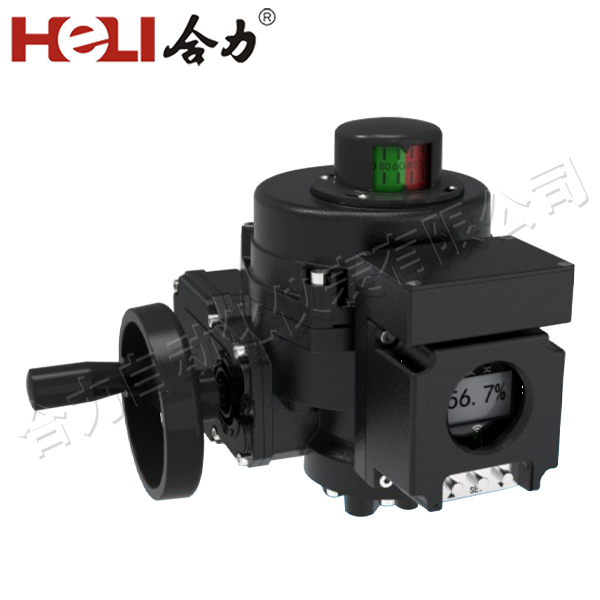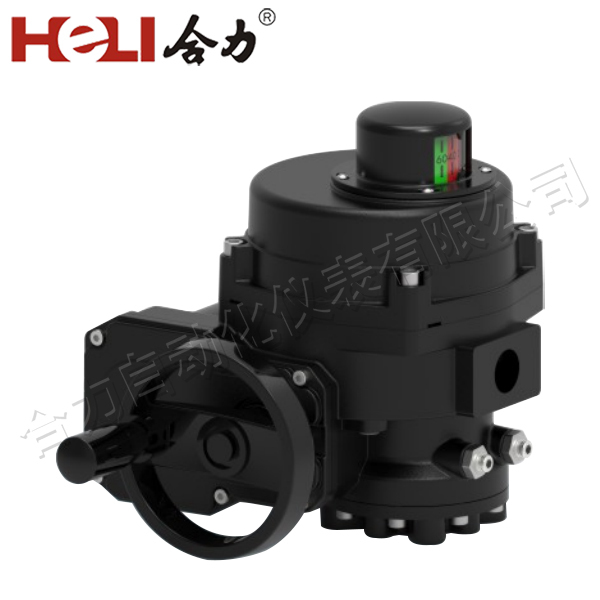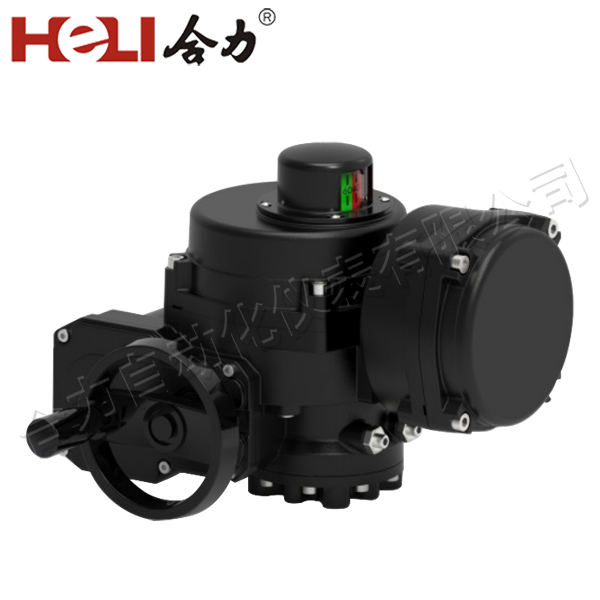In recent years, the world has been undergoing a massive shift towards more sustainable and efficient technologies. One of the key areas driving this transformation is the development of electric actuators, particularly those powered by lithium batteries. These lithium battery electric actuators are gaining significant attention across various industries, including robotics, automation, automotive, and renewable energy. With their compact size, high energy density, and impressive performance capabilities, they are becoming the preferred choice for many applications. This article will explore the advantages of lithium battery electric actuators, their applications, and the future outlook for this innovative technology.

What is a Lithium Battery Electric Actuator?

A lithium battery electric actuator is a device that converts electrical energy into mechanical motion using a motor powered by a lithium-ion battery. These actuators function similarly to traditional electric actuators but are distinguished by their use of lithium-based batteries, which offer higher energy efficiency, longer operational lifespans, and lighter weight compared to other power sources such as lead-acid batteries. The actuator typically consists of a motor, gears, and other mechanical components, and is designed to move or control a specific mechanical system, such as opening valves, moving robotic arms, or controlling steering in autonomous vehicles.
